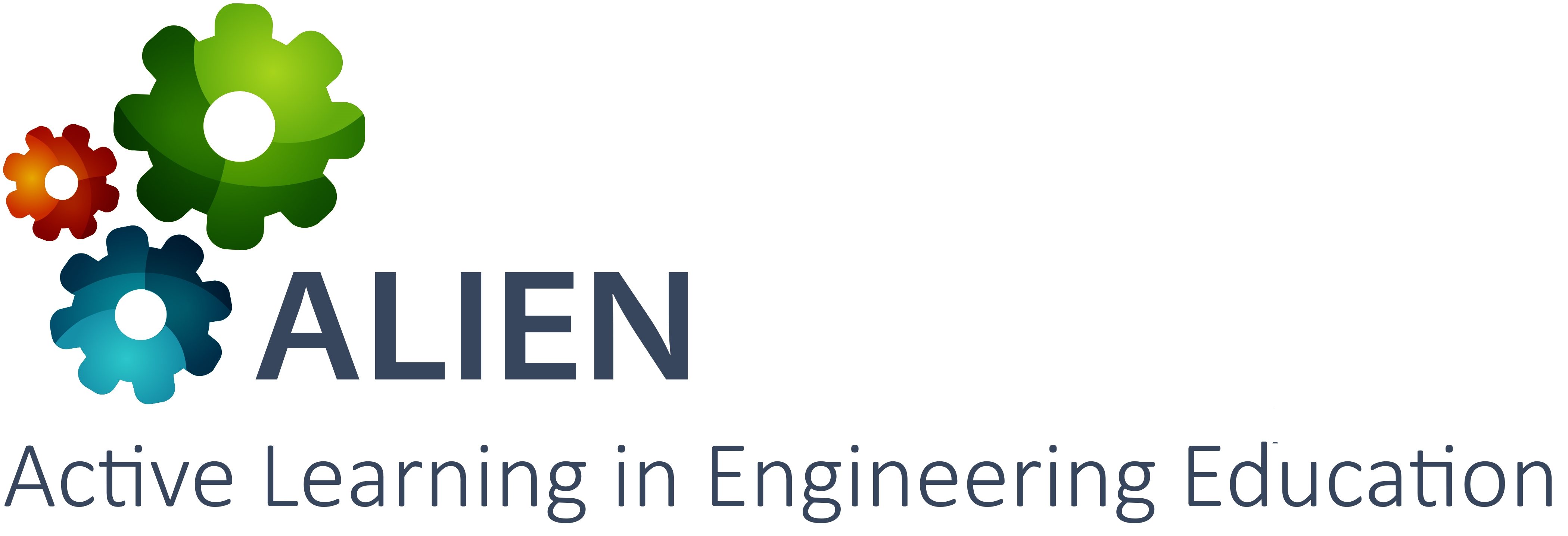Course overview
Students build knowledge on developing a Java program to connect computers through a local network using TCP or UDP protocols. The course further helps students understand how to design an interactive application to respond appropriately to business requirements in specific scenarios. At the same time, students learn how to work in a group and finish a project.
Participants in piloting
The course is part of the ICT undergraduate programs in Vietnam Germany University and University of IT (VNUHCM). The following groups of students were engaged:
- 35 students in semester 2 of academic year 2018 – 2019.
- 42 students in semester 2 of academic year 2019 – 2020.
The lecturers of the course are Dr. Huy Nguyen (JVN) or Dr. Nam Nguyen (UIT-VNUHCM).
Timeframe
Spring 2019
Spring 2020
Use of ALIEN services and tools
Students were exposed to active learning through weekly lectures and tutorials. Practical activities took place in the ALIEN problem-based learning lab. The course included a series of activities on learning how to program an application that connects computers in a network with the purpose of exchanging data among different locations in business or social contexts. Course work includes several projects from easy to hard levels. Through these projects students build understanding of network connectivity concepts and practical skills on applying new knowledge in real life. Diverse learning activities and teaching methodologies were used to best address the objectives of each learning session.
Students implemented the following steps:
- Students worked in groups on coding Java programs to fulfill system requirements provided by the lecturer.
- Students designed their own solutions based on theoretical frameworks and recommendations introduced through lectures.
- Students researched different models for building effective communication applications.
- Students reviewed lessons with interactive games using Kahoot®. Students created the games themselves under teacher guidance. After each game, the lecturer posed questions on the wrong or unclear answers, encouraging students to discover more on the missed points.
- Students played scenario games in which they provided input related to the practical application of knowledge and techniques in developing networks.
- Students used Eclipse®, Java, and Dropbox® to build and share their results within their classmates and lecturer.
In the context of tutorials, students further implemented the following activities:
- Students worked in groups on aspects related to the development of an MIS modeling and development plan and presented their findings to the teacher and their classmates.
- Students summarized their results in a commonly owned shared document.
- Students raised concerns or interests during the course and engaged in discussions with their classmates in the final session. The lecturer helped students align their points with the framework of the course for developing more effective understanding of concepts and enabling student to apply new knowledge in practice.


